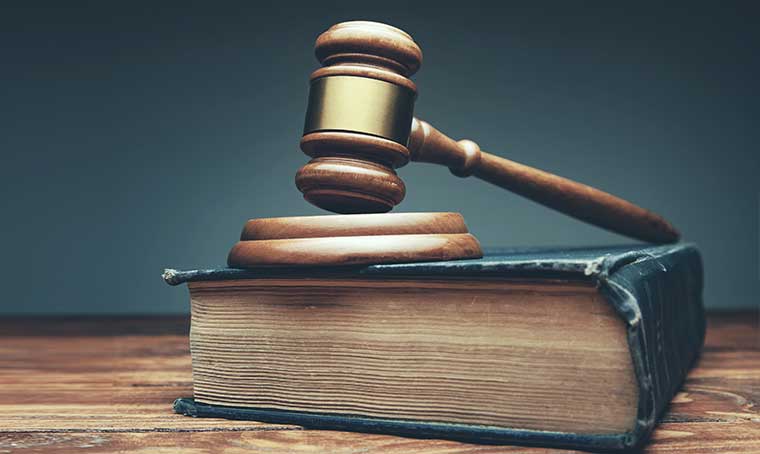Server's Corner

What is Forensic Accounting
Show Me the Money How to find hidden assets
When someone owes you money there are times when getting paid can be a problem. Roland Investigations finds hidden funds and does full asset searches. This is especially helpful when you suspect someone of hiding funds to make it appear like they cannot afford to pay their debts. You may need this for collecting on divorce cases, court judgments recovery, liability cases, and several other reasons. There are times when a case goes to court the lawyers involved may opt to employ a forensic accountant. Roland Investigations can find assets hidden by a plaintiff, but the purpose of a Forensic accountant is to prepare and present the financial information to the jury and judge. The forensic accountant digs into accounting practices and discovers if there was something illegal about the methods used. Let’s learn a little more about forensic accounting.
Forensic Accounting: What Is It?
Forensic accounting is a unique field of work that combines the functions of basic accounting with the investigative properties of the legal system. It requires a mastery of several different skill sets, as well as an ability to interpret the broader meaning of numbers in the context of an investigation. Here, we will break down the major functions of a forensic accountant.
When is Forensic Accounting Needed?
In most cases, forensic accounting is called for when a court or other regulating body wants to investigate the accounting practices of a person or business. A major part of the forensic accountant's job is to take numbers and spreadsheets and put them in a real-world context to determine whether a financial crime has been committed, including fraud or embezzlement. However, there is a wide range of non-criminal proceedings which might also require the help of a forensic accountant. For instance, bankruptcy disputes over unpaid compensation may bring a forensic accountant into a civil case. Forensic accountants are often brought in by insurance companies, local and federal investigative bodies, and even public accounting firms. In the most extreme cases, forensic accounting has brought down several international criminal enterprises engaging in security fraud, hiding of assets, and money laundering.
What Are the Forensic Accountant's Responsibilities?
A forensic accountant is qualified to sort through all applicable accounting records, provide a complete analysis, and even make recommendations to a court based upon their opinion. In order to do this, they must compile all evidence in a way that can be easily presented during a court hearing or other legal proceeding. This requires the ability to identify potential crimes and demonstrate the potential financial gain of the individual or business. In some cases, it also means tracing the ownership of a particular asset as it moves between individual or entities and recovering any missing assets that may have been lost or hidden. In many cases, it also requires a thorough knowledge of software applications to run simulations, sort through numerical data, flag accounting errors, and create meaningful reports for legal teams. Forensic accountants may also be asked to appear in court to testify on their findings.
Forensic accounting is a complex job that requires the meticulous care of an investigator as well as a capacity for advanced-level math and legal principles. Forensic accountants must be able to navigate a wide range of computer applications while also feeling comfortable speaking in front of a panel of experts, the judge, juries and legal teams. The complex information needs to be put together in a way that is understandable to those who are important to the outcome of the case.
By Roland Investigations 8-12-2019
Recent:
Categories
Archive
Mar 2024
Feb 2024
Jan 2024
Dec 2023
Nov 2023
Oct 2023
Sep 2023
Aug 2023
Jul 2023
Jun 2023
May 2023
Apr 2023
Mar 2023
Feb 2023
Jan 2023
Dec 2022
Nov 2022
Oct 2022
Sep 2022
Aug 2022
Jul 2022
Jun 2022
May 2022
Mar 2022
Feb 2022
Jan 2022
Dec 2021
Nov 2021
Oct 2021
Sep 2021
Aug 2021
Jul 2021
Jun 2021
May 2021
Apr 2021
Mar 2021
Feb 2021
Jan 2021
Dec 2020
Nov 2020
Oct 2020
Sep 2020
Aug 2020
Jul 2020
Jun 2020
May 2020
Mar 2020
Feb 2020
Jan 2020
Dec 2019
Nov 2019
Oct 2019
Aug 2019
Jun 2019
May 2019
Apr 2019
Mar 2019
Feb 2019
Jan 2019
Dec 2018
Oct 2018
Aug 2018
Jul 2018
Jun 2018
Apr 2018
Mar 2018
Feb 2018
Dec 2017
Oct 2017
Aug 2017
Jun 2017
May 2017
Apr 2017
Mar 2017
Jan 2017
Nov 2016

To send us an email 24/7,
fill out our form.
Mail all documents to:
1660 S Albion Street, Suite 826
Denver, CO 80222
Service@RolandInvestigations.com
